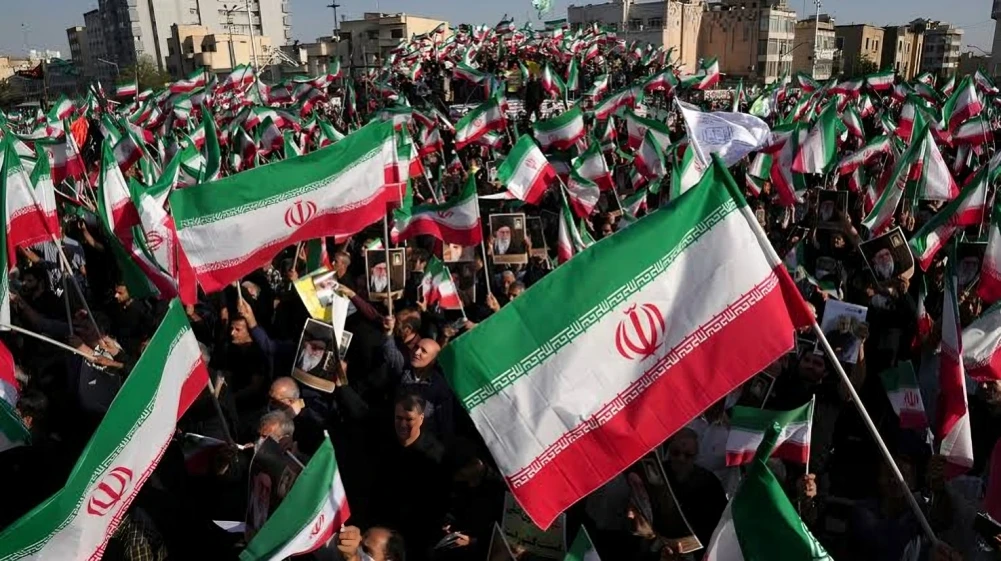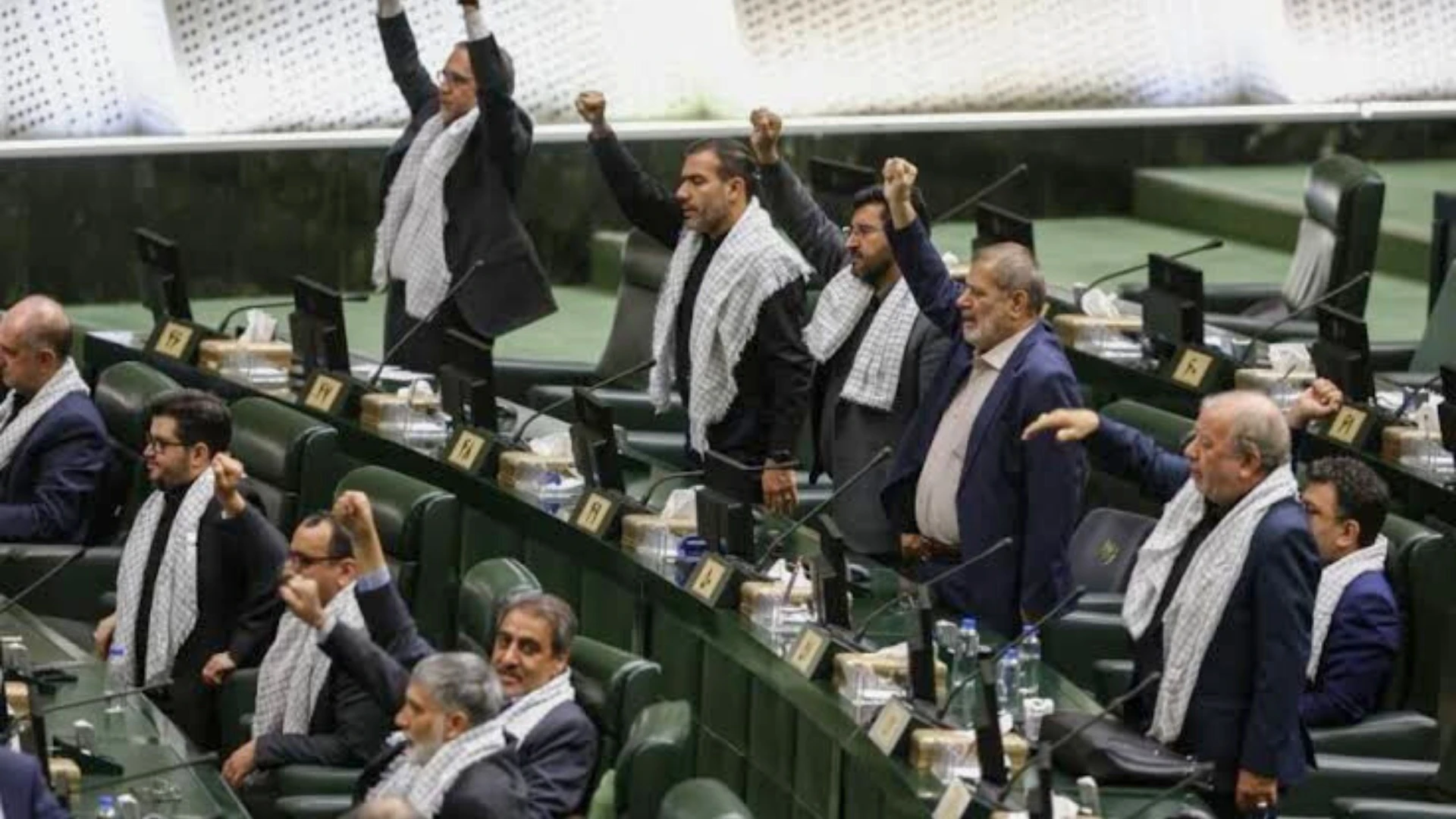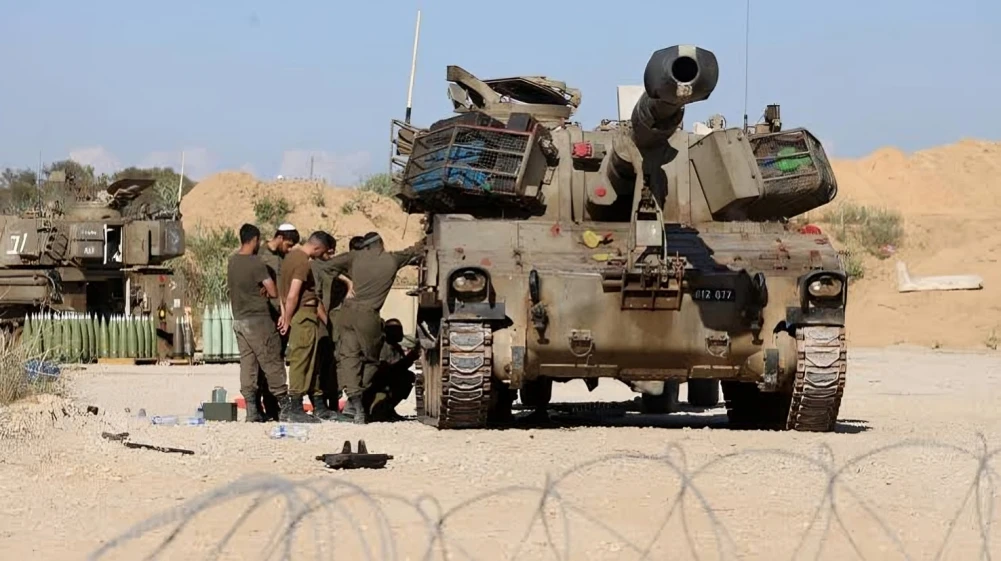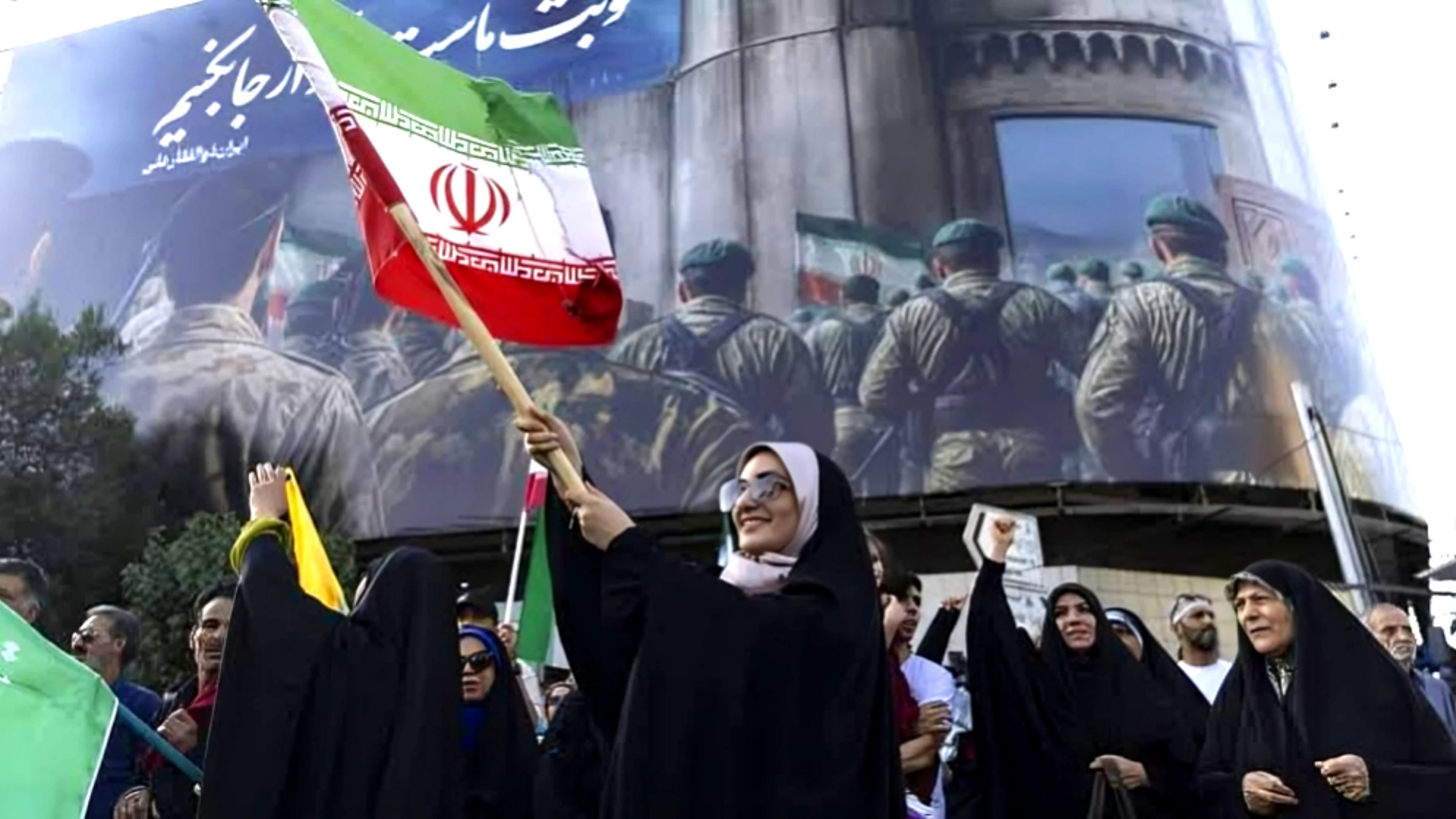Tehran/Washington: A fragile ceasefire between Iran and Israel, brokered by U.S. President Donald Trump, appeared to be holding on Wednesday following the conclusion of a 12-day conflict that saw both nations claiming victory.
The war, which began with Israeli airstrikes on Iranian nuclear sites on June 13, drew in the United States, which launched air raids in support of its close ally to target Tehran's uranium enrichment infrastructure. While President Trump declared that U.S. stealth bombers had "obliterated" Iran’s nuclear capabilities, a preliminary intelligence report from within his own administration suggested that the damage may have been less extensive.
A Defense Intelligence Agency (DIA) report indicated that while the strikes blocked access to some facilities, Iran’s underground infrastructure remained largely intact, with some centrifuges still operational. The White House dismissed the assessment, calling it "flat out wrong."
Despite conflicting narratives about the scale of the damage, Israeli Prime Minister Benjamin Netanyahu insisted the attacks had neutralized two major threats: a nuclear-armed Iran and a missile onslaught. Meanwhile, Iranian President Masoud Pezeshkian characterized the outcome as a “great victory” for Tehran and expressed a readiness to engage in dialogue with Washington, according to Iranian state media.
U.S. Middle East envoy Steve Witkoff told Fox News late Tuesday that diplomatic contacts with Tehran were progressing. He expressed optimism about reaching a broader peace accord, stating, “I am very confident that we are going to achieve that.”
The conflict resulted in significant casualties: Iran reported 610 deaths and nearly 5,000 injuries from Israeli strikes, while Iran’s missile attacks on Israel left 28 dead—marking the first time Israel’s defenses were overwhelmed by such a volume of Iranian firepower.
Both countries hesitated before publicly acknowledging the ceasefire, which led to further tensions. Trump, while criticizing both sides for ongoing aggression, directed sharper rebukes at Israel, urging its leadership to “calm down.” He later stated that Israel stood down from further military action at his request.
Iran reportedly arrested over 700 individuals for alleged collaboration with Israel during the conflict, and executed three men on Tuesday for espionage and involvement in an assassination plot, according to state media.
Military tensions remain high, with Israel's Chief of Staff Eyal Zamir declaring that while one phase of the conflict had ended, operations against Iranian influence—including in Gaza—would continue.
Commercial and civilian life began returning to normal as Israel lifted nationwide security restrictions and reopened Ben Gurion Airport. Iran also reopened its airspace, signaling a tentative return to stability.
Oil markets reacted cautiously to the truce, with prices ticking upward as fears of a potential blockade of the Strait of Hormuz—critical for global energy shipments—subsided.
Though both sides have committed to honoring the ceasefire, the situation remains volatile, and the success of future diplomacy will hinge on sustained restraint and political will on all sides.








